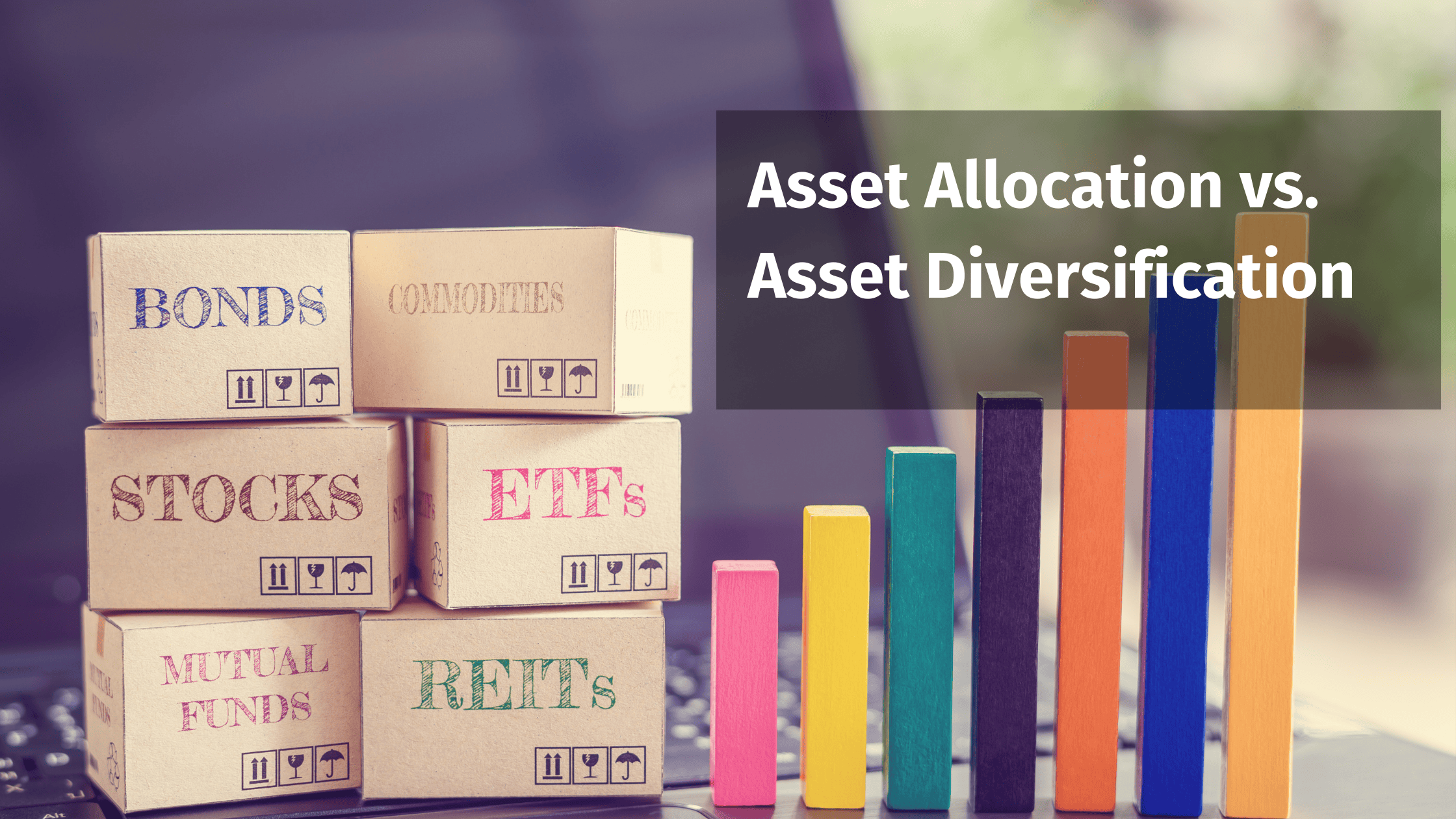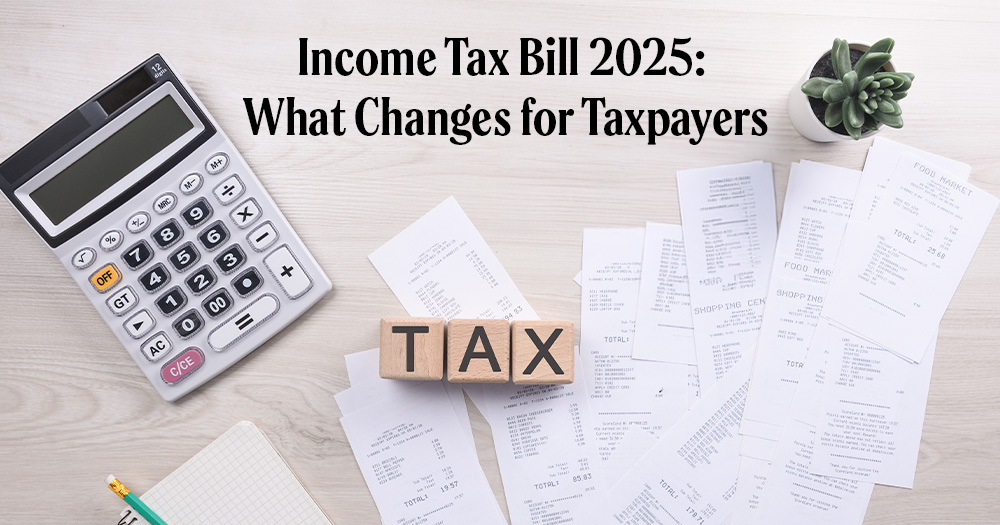1 Finance Blog
Discover financial wisdom on our blog for expert insights on personal finance, investing, and money management.

3 min read
Understanding the Different Types of NPS: Simplifying Your Retirement Planning
The National Pension System (NPS) is one of the most popular retirement savings options in India.…

3 min read
Asset Allocation vs. Diversification: Differences and Importance
If you’ve ever explored the world of investing, you’ve likely encountered the terms asset allocation and…

3 min read
The Income Tax Bill 2025: A New Era of Taxation in India
In a significant move aimed at refining the tax framework, Finance Minister Nirmala Sitharaman tabled the…

3 min read
What happens when we invest ₹100:One time vs every year
This blog will help you understand how investing can be a game changer.

3 min read
Transparency and Accountability in Peer-to-Peer Lending: The Role of NBFC-P2Ps
Peer-to-Peer (P2P) lending has emerged as a popular alternative to traditional banking, offering individuals and businesses…

5 min read
Home Loan Rate Drop: How Much Can You Save on Your Home Loan Interest Now?
If you’re repaying a home loan, there’s good news. The Reserve Bank of India (RBI) has…

7 min read
Considering NPS Vatsalya for Your Child’s Future? Explore the Pros and Cons Before Investing
Considering NPS Vatsalya for your child's financial future? This pension tool helps build long-term wealth and…

3 min read
Maximising Investment Success: The Power of Diversifying Your Portfolio
Investing involves making strategic decisions to achieve your financial goals while managing risk. One of the…

7 min read
One on One with a Wedding Emcee
Newman D’silva has hosted over 500 events since 2013 — but that’s not all he’s been…

4 min read
Super Top-Up Health Insurance
This blog delves into the critical aspects, benefits, and comparisons of Super Top-Up Health Insurance and…

3 min read
ELSS vs. PPF: Which One Should You Choose for Your Portfolio?
When it comes to tax-saving investments, two options stand out—Equity Linked Savings Scheme (ELSS) and Public…

3 min read
Protecting Consumer Rights in P2P Lending: A Guide to Filing Complaints in India
Peer-to-peer (P2P) lending has emerged as a popular alternative to traditional banking in India, offering borrowers…


Discover your MoneySign®
Identify the personality traits and behavioural patterns that shape your financial choices.

